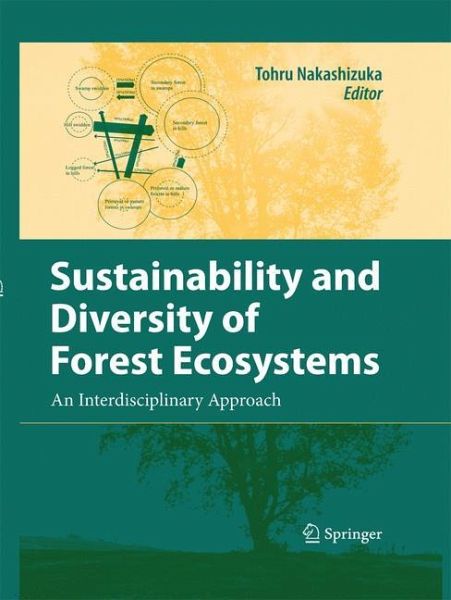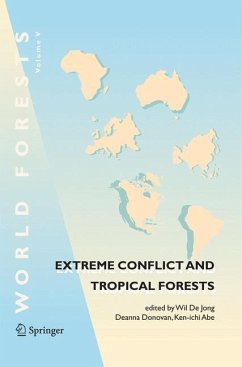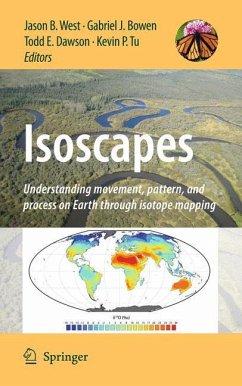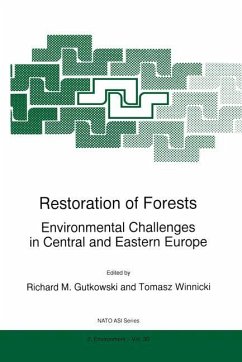
Sustainability and Diversity of Forest Ecosystems
An Interdisciplinary Approach
Herausgegeben: Nakashizuka, Tohru

PAYBACK Punkte
38 °P sammeln!
Biodiversity is decreasing at the fastest rate in the history of the earth, largely as a result of human activity. The sustainable use of ecosystems allowing maintenance of biological diversity is an urgent problem that must be solved. Among terrestrial ecosystems, forests support the richest biological diversity. The interaction of humans and forests has a long history, but recent changes have been the most drastic ever. The rapid decrease and deterioration of forest ecosystems has been caused by social, economic, and ecological factors, which may vary locally but are common globally. The mec...
Biodiversity is decreasing at the fastest rate in the history of the earth, largely as a result of human activity. The sustainable use of ecosystems allowing maintenance of biological diversity is an urgent problem that must be solved. Among terrestrial ecosystems, forests support the richest biological diversity. The interaction of humans and forests has a long history, but recent changes have been the most drastic ever. The rapid decrease and deterioration of forest ecosystems has been caused by social, economic, and ecological factors, which may vary locally but are common globally. The mechanisms causing biodiversity loss through forest utilization and the results of that loss of biodiversity are still virtually unknown, although such knowledge is crucial to developing sustainable management strategies. The work featured in this book presents the results achieved by the RIHN project, together with reports on other international activities and related efforts, as ecologists, forestry scientists, environmental economists, and sociologists share in discussions of the issues.














